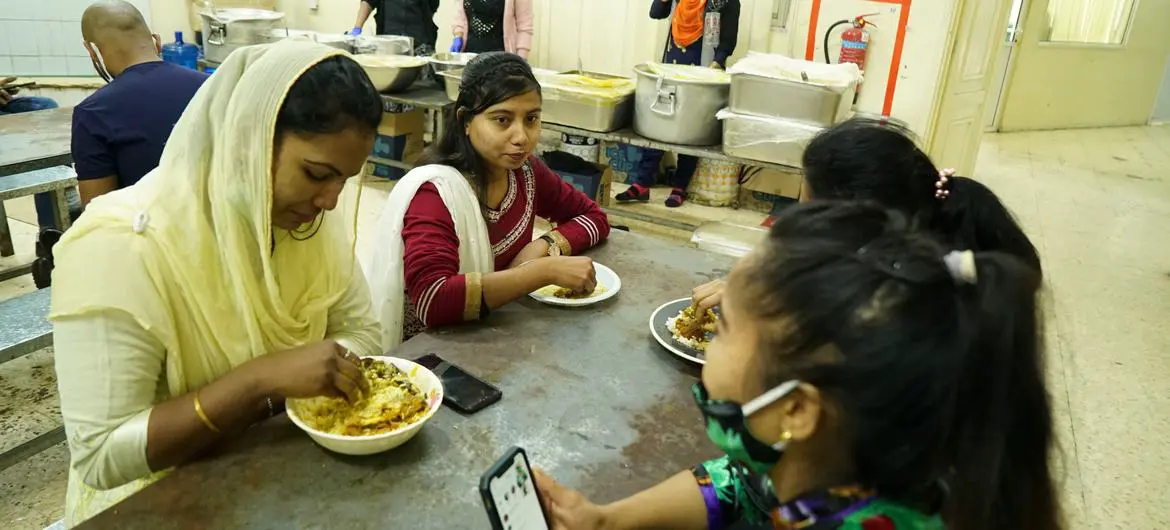First Person: ‘I speak up for those who cannot’ | UN News
Maya Aktar, a garment worker from Bangladesh, represents other migrants employed in the sector, in Jordan. She explains how she became involved in the union movement, and the positive difference this has made to the lives of her members.
Looking ahead
Helping and empowering migrant workers has been one of the most rewarding experiences of my life. Being able to act as their representative gives me a sense of purpose and motivates me to keep moving forward.
I am also happy to be able to continue to send money back to my family in Bangladesh and feel pride in my representation of other Bengali people.
I plan to become a trainer so I can help migrant workers even more. I also want to do a degree in psychology, which will help me understand people better.
I think that my success in becoming a union organizer is a success for all of us who are migrant workers in Jordan.”
A version of this story first appeared on the website of our colleagues at the International Labour Organisation (ILO).







